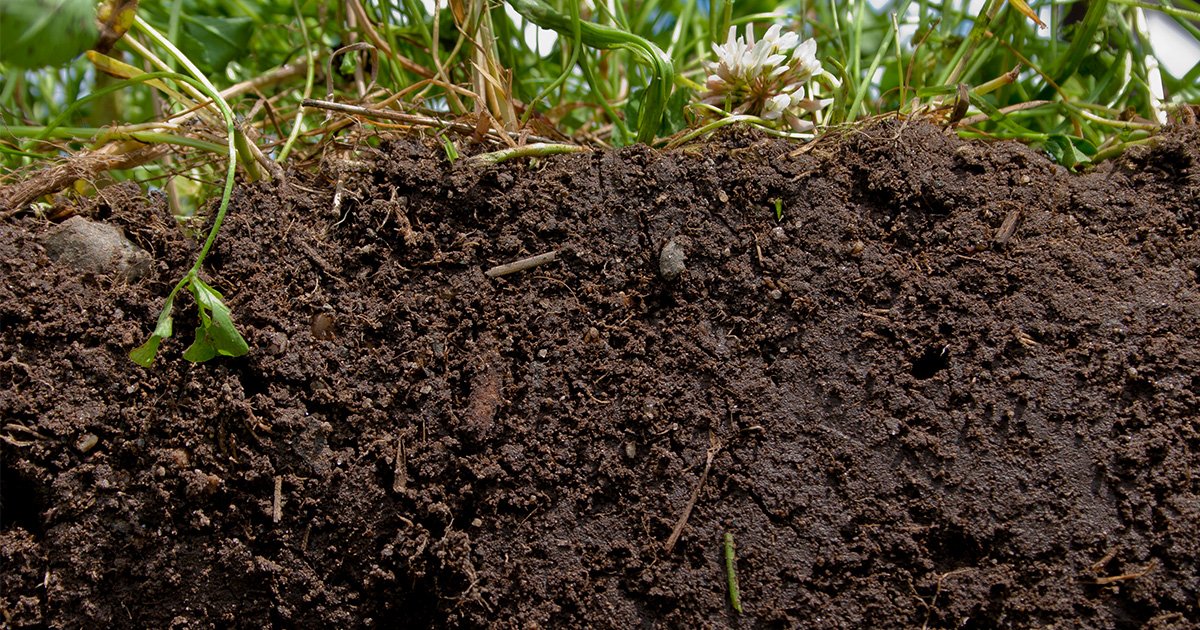- Joined
- Jan 5, 2017
- Messages
- 1,517
- Reaction score
- 1,345
- Location
- Atlantic Beach, Fl
- Hardiness Zone
- 9a
- Country

Seems like the theory behind humus has been proven wrong. This is kind of good news to me, because I've always thought that humus made no sense, besides the description of humus differed with who was explaining it. I won't miss humus

 www.quantamagazine.org
www.quantamagazine.org
Excerpt from a fairly long article:

A Soil-Science Revolution Upends Plans to Fight Climate Change | Quanta Magazine
A centuries-old concept in soil science has recently been thrown out. Yet it remains a key ingredient in everything from climate models to advanced carbon-capture projects.
Excerpt from a fairly long article:
The German biologist Franz Karl Achard was an early pioneer in making sense of the chaos. In a seminal 1786 study, he used alkalis to extract molecules made of long carbon chains from peat soils. Over the centuries, scientists came to believe that such long chains, collectively called humus, constituted a large pool of soil carbon that resists decomposition and pretty much just sits there. A smaller fraction consisting of shorter molecules was thought to feed microbes, which respired carbon dioxide to the atmosphere.The Death of Humus
Soil doesn’t give up its secrets easily. Its constituents are tiny, varied and outrageously numerous. At a bare minimum, it consists of minerals, decaying organic matter, air, water, and enormously complex ecosystems of microorganisms. One teaspoon of healthy soil contains more bacteria, fungi and other microbes than there are humans on Earth.
What helped break humus’s hold on soil science was physics. In the second half of the 20th century, powerful new microscopes and techniques such as nuclear magnetic resonance and X-ray spectroscopy allowed soil scientists for the first time to peer directly into soil and see what was there, rather than pull things out and then look at them.This view was occasionally challenged, but by the mid-20th century, the humus paradigm was “the only game in town,” said Johannes Lehmann, a soil scientist at Cornell University. Farmers were instructed to adopt practices that were supposed to build humus. Indeed, the existence of humus is probably one of the few soil science facts that many non-scientists could recite.
What they found — or, more specifically, what they didn’t find — was shocking: there were few or no long “recalcitrant” carbon molecules — the kind that don’t break down. Almost everything seemed to be small and, in principle, digestible.
“We don’t see any molecules in soil that are so recalcitrant that they can’t be broken down,” said Jennifer Pett-Ridge, a soil scientist at Lawrence Livermore National Laboratory. “Microbes will learn to break anything down — even really nasty chemicals.”
